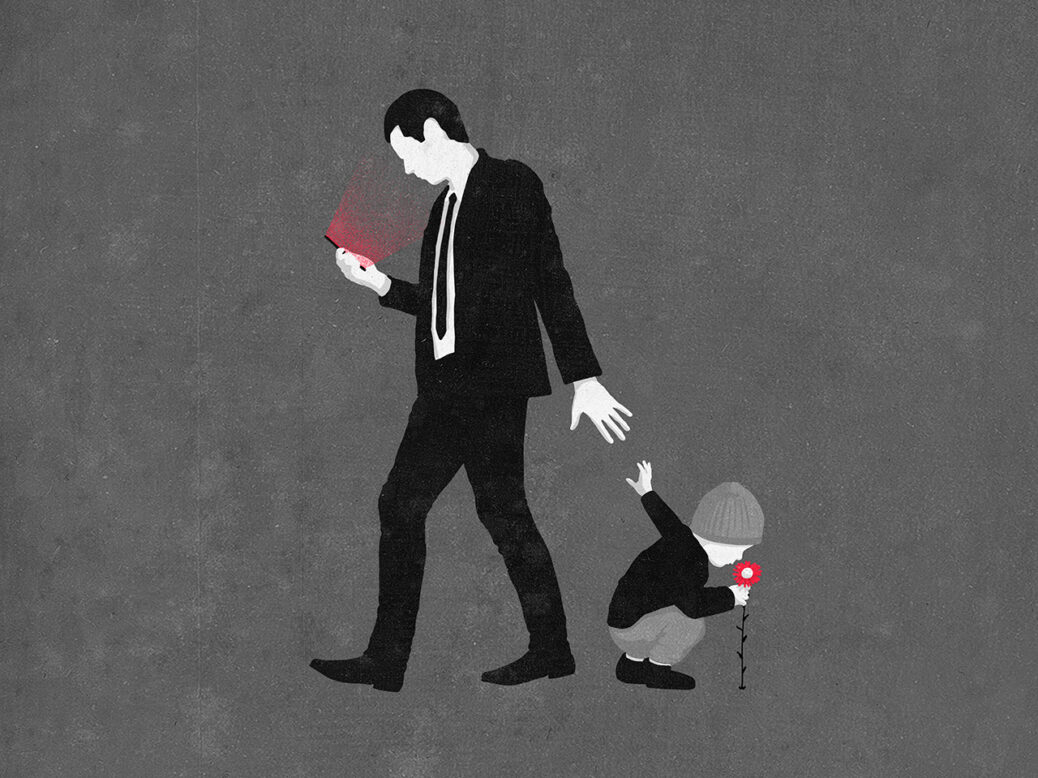
It is just under a year to wait until the next Wealden Festival. It is my favourite weekend of the year. The gathering in Kent invites guests to look closely at the world through literature and craft. This year Michael Morpurgo brought a full tent to tears and AC Grayling inspired us to think about the value of self-awareness. The festival also ran a photography competition for schools. The theme? Look closer, pay attention.
Pay attention. It’s an interesting phrase. To pay implies parting with something in exchange for something of equal value. We choose where to pay our attention because attention is a precious resource. To have something taken without giving permission is to be robbed. The attention economy, the axis of the social media business model, aims to do exactly that – to steal our attention. Anxiety and depression can follow. A 2015 study by King’s College London, “Attentional Control Theory in Childhood”, found a clear correlation. Was anyone paying attention?



